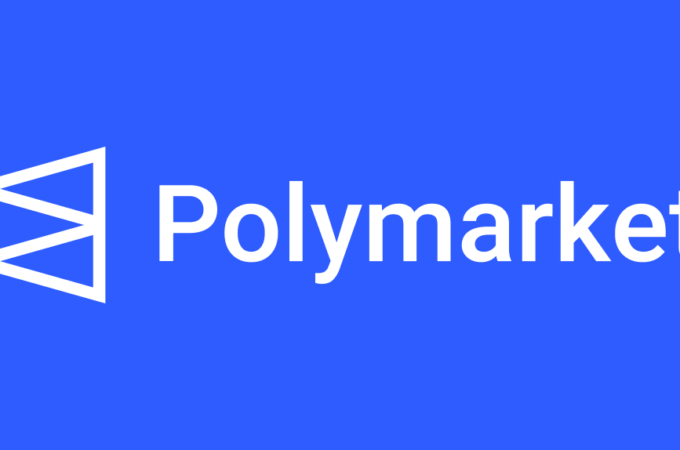
Benefits of using FinTech companies like Xero over a custom-built accounting software
“Cloud computing” refers to the distribution of computing services over the Internet (the cloud) to provide faster innovation and greater flexibility, as well as lower costs and greater scalability. The cloud enables network-based accessibility to communication tools such as email and calendars. As a form of communication, Whatsapp is both a cloud-based infrastructure and an example of cloud computing. All messages and data are saved on the hardware of the service provider.
There used to be service oriented architecture (SOA) before cloud computing. Cloud comprises implementation and application delivery choices, whereas SOA focuses on the underlying infrastructure that makes it all possible.
It is because of the various benefits of this software that more and more businesses are now opting for new FinTech businesses over manual account keeping. With this new technology in place, proving useful for thousands of businesses, there are also a few variations and a lot of companies creating similar software. Due to the abundance of options available in the market, new users can often be confused about which kind of FinTech or accounting software they should opt for.
Xero cloud accounting is a good example of FinTech software that is applicable to every business. Every business needs accounting and needs to have their financial statements generated accurately. The cloud is a big part of FinTech because there’s a lot of financial data in the FinTech space which requires security.
However, beyond the scope of Xero, businesses operating in regions where Value Added Tax (VAT) regulations apply require specialized accounting software tailored to meet compliance needs. In such contexts, solutions like Wafeq prove invaluable, offering functionalities specifically designed to navigate the complexities of VAT reporting.
From tracking transactions to generating VAT return, Wafeq empowers businesses to ensure adherence to regulatory requirements while maintaining the same level of accuracy and efficiency synonymous with cloud-based accounting solutions. Thus, in the dynamic landscape of FinTech, where precision and compliance are paramount, platforms like Wafeq emerge as indispensable allies for businesses navigating the intricacies of VAT obligations.
In addition to efficient accounting solutions like Xero cloud accounting, businesses today are also benefiting from advanced task management tools like AI product planning. These tools are helping companies streamline their operations, allocate resources effectively, and enhance productivity. With the vast array of options available, it’s crucial for businesses to explore software that not only caters to their financial needs but also integrates seamlessly with intelligent task management systems. By harnessing the power of AI-driven tools for both financial management and task organization, businesses can optimize their workflows, ensuring a harmonious balance between financial precision and operational efficiency.
Benefits of Using Xero over a custom-built accounting software
Though custom-built accounting software may sound appealing as you’ll have more control over how it integrates with your business, it can cause more problems than it solves. If you are running a small business and are thinking of opting for a cloud accounting service, picking a custom-built accounting service can prove to be quite time-consuming, comprehensive, confusing, expensive, etc.
FinTech companies like Xero have a lot of experience with handling and storing data. There are a lot of considerations in a simple process like setting up a database since a financial data leak could be catastrophic. Here is why you should opt for Xero accounting firm and its services rather than custom-built software.
- Technicalities: A custom-built software would require the user to have varying levels of technical knowledge, which not every user may have. Designing a custom-built services package requires you to have more profound knowledge to ensure the optimal configuration of systems. Businesses that do not have a technical team would have a difficult time with that. Xero software, on the other hand, provides limited straightforward options, and there is almost no need for any technical knowledge on the part of the user.
- Time-consuming: Custom accounting services would require a lot of time to be set up. Requiring extensive knowledge and a lot of decisions, not only is this system very time-consuming but also brings a lot of uncertainty as a business can only estimate the future but not be sure of it. The probability of future challenges and unforeseen complications can decrease the effectiveness of such systems. Xero cloud accounting, on the other hand, does not require a lot of configuration and setup time and comes with a lot of free updates from time to time so that your services keep growing as your business grows.
- Expensive: Xero Accounting Firm provides cost-effective yet expert processes to users. With minimal monthly fees and a ton of features, and periodically available free updates and add-ons, Xero keeps evolving with your business as technology grows. Custom accounting solutions are often based on individual projects and thus become very expensive. This is especially problematic for small businesses that may not have enough funds to keep shelling out this amount of money.
- Limited usage: Since custom accounting software is created to perform only certain functions and resolve a few types of expected issues, it gets limited in usage. This can also be construed as a waste of technology because there are software options like Xero Accounting services that provide all kinds of services. Since it is not a custom-built service, it provides a myriad of services and will act as a complete accounting solutions package.





